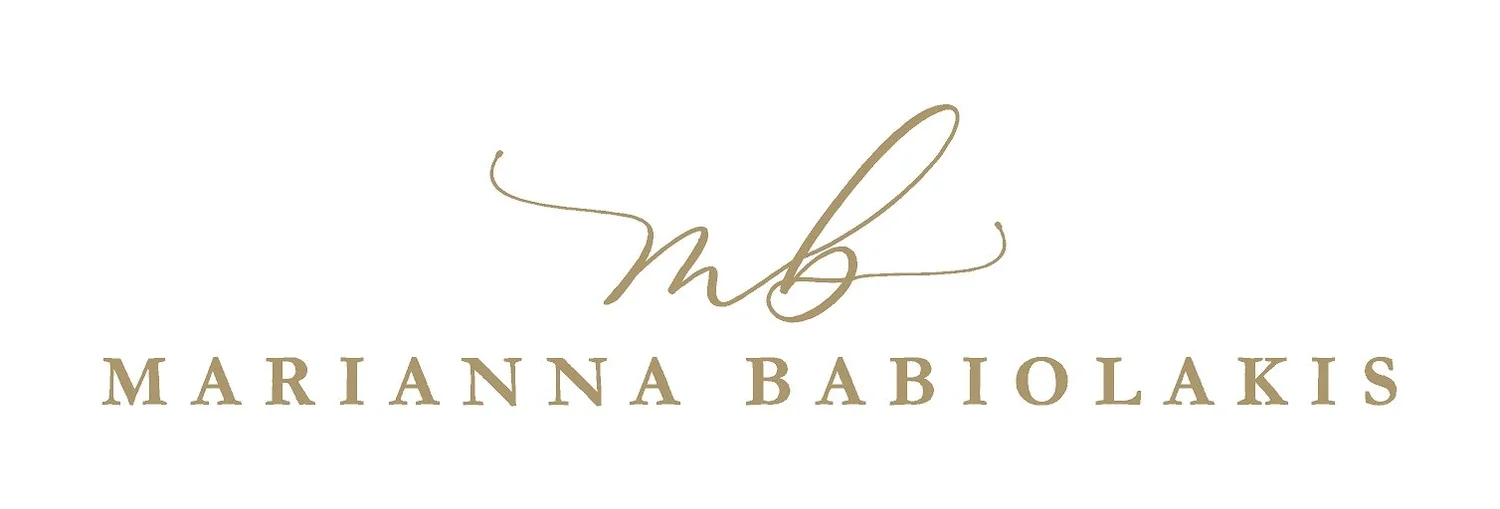Postpartum Depression and Sleep Deprivation – Understanding the Connection
If you’re in the thick of postpartum life, you already know what it feels like to be tired. But postpartum tiredness is not just “I stayed up too late watching a show” tired - it’s a deep exhaustion that can make it hard to think, feel, or function. And when that sleep deprivation stretches on and on, it can do more than make you feel foggy.
Research shows a strong link between postpartum depression and sleep deprivation. Poor sleep after giving birth can increase the risk of developing postpartum depression (PPD), and PPD can make it even harder to rest. It’s a cycle that many moms find themselves stuck in postpartum.
Why Sleep Matters for Mental Health After Baby
For new moms, sleep is often fragmented. You may be up multiple times a night feeding or soothing your baby, and even when you can sleep, your mind might feel too wired to rest.
Our brains and bodies need consistent, restorative sleep to regulate mood, manage stress, and feel emotionally balanced. Sleep is a basic need, just like eating food or drinking water. We often forget about this when we hear people say things like “I pulled an all nighter” - but when you’re dealing with postpartum sleep problems that happen night after night for months, it can take a toll on your mental health.
Studies have found that poor sleep quality in the first weeks after birth can increase the risk of developing postpartum depression later on (Okun et al., 2018). And it’s not just about the total number of hours - waking often during the night has one of the biggest impacts on mood (Dorheim et al., 2009).
The Cycle Between Sleep and Postpartum Depression
Here’s the tricky part: sleep and PPD feed into each other.
Lack of sleep postpartum can increase the risk of developing postpartum depression.
PPD can make it harder to fall asleep, stay asleep, or feel rested - even when the opportunity is there.
When this cycle starts, it can feel like you’re stuck in quicksand. Sleep loss makes your mood worse, and low mood makes it harder to get the rest you need.
You’re Not “Just Tired” - And It’s Not Your Fault
If you’re finding yourself more irritable, hopeless, anxious, or disconnected from your baby, please know this isn’t a sign of weakness. It’s not about “trying harder” to be positive. Your mind and body are running on empty.
The good news? Sleep is something that can be worked on in therapy or on your own. By supporting better rest, we often see improvements in mood, energy, and daily coping.
What Can Help With Sleep After Baby
You can’t always control how often your baby wakes, but you can try strategies to work with your reality:
Aim for longer stretches, not just more hours - Even one 3-4 hour block of sleep can help you feel more like yourself. If possible, have a partner, friend, or family member take a shift. If breastfeeding, this might be a good opportunity to pump and have someone else give baby the bottle (the first shift chunk of the night or last one of the morning often work well for this strategy).
Rest when you can - This doesn’t have to mean sleep though naps do help. Quiet, screen-free time (but hey, if binging your favorite show will help then do it!) lying down can still help your body recover. Close your eyes, minimize the stimulation. I know this is hard when you feel that urge to do everything that needs to be done during baby’s nap but some rest can go a long way.
Lower the nighttime “mental load” - Keep baby’s essentials (+ snacks and water for YOU) by the bed, use dim lighting, and minimize extra stimulation so you can return to sleep faster.
Get morning light and take all the help you can get during the day - Exposure to natural light early in the day helps reset your body’s sleep-wake cycle, which is important for mood. Say YES to those who offer help. Doesn’t always have to be with baby - cooking meals or walking your dog can be helpful too.
A Gentle Reminder
Your exhaustion and low mood are not a sign you’re failing - they’re a sign you need care, too. If you’re feeling worn down by postpartum depression or sleep deprivation, I’d love to walk alongside you. Reach out here schedule a free consultation.
References:
Okun, M. L., et al. (2018). Poor sleep quality is associated with postpartum depression risk. Journal of Behavioral Medicine, 41(5), 703–710.
Dorheim, S. K., et al. (2009). Sleep and depression in postpartum women: A population-based study. Sleep, 32(7), 847–855.
